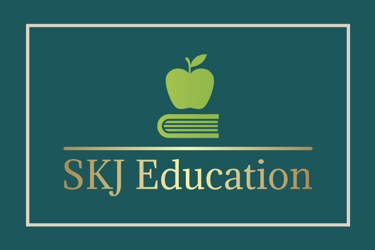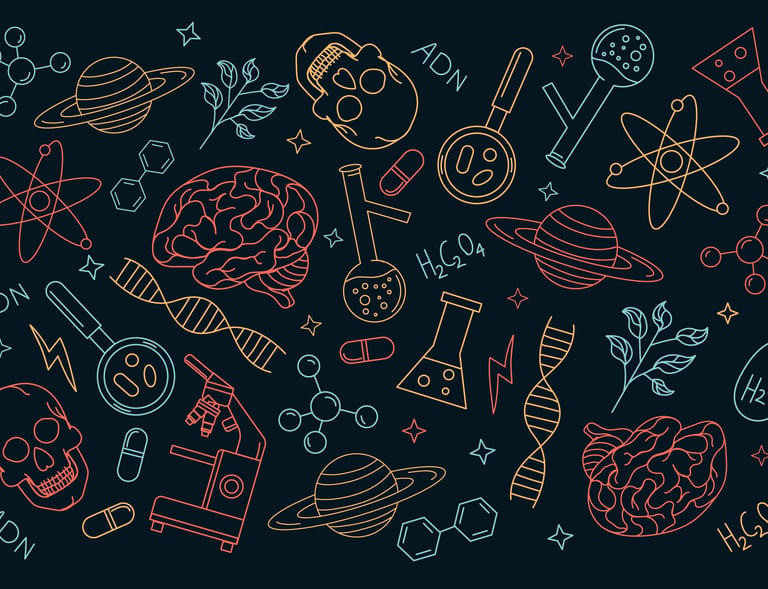Accelerate Your Learning
These resources are designed to power the learning system you discovered on the homepage, helping you decode concepts, practice effectively, and master your subjects.
Don't just read these materials. Use them to train your brain.
Studying different subjects require different strategies, as they make our brains work in different ways. In order to perform to your best in all of your exams, you need to understand the differences between subjects, as well as common mistakes that many students make.


Problem Solving Subjects
This includes subjects like mathematics, physics and computer science. Our brains treat these like languages, where you slowly gain fluency every day. How do you excel in these subjects? Solve lots and lots of problems. Becoming comfortable decoding unknown problems and producing solutions independently is the key to excelling here (yes, you do not need to memorise anything!).






Conceptual Subjects
Sample Study Plans
This includes subjects like biology, business, history and geography. These subjects demand strong memory retention. There are a number of science-based techniques to maximise retention, the key ones being consistent active recall and mind mapping. Your brain can only form new memories when it relates the new information to something it already knows - focus on how things are related and how it's connected to what you already know to maximise your memory.




Languages
The optimal way to study and learn languages has been a focus of cognitive neuroscience for years. One key aspect has emerged as a defining factor in how we "acquire" languagues; comprehensible input. What does this mean? For you to "pick up" or "acquire" a language, you need to understand messages in that language. Then, your brain can create a relationship between the message you understood and the words you heard/saw. This is how we learn our first language as a baby, there is no memorisation involved in the language learning process.
Contact
Email: steven@skjeducation.com
Whatsapp: +353 85 845 7951












